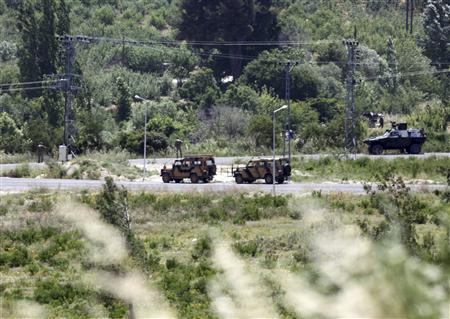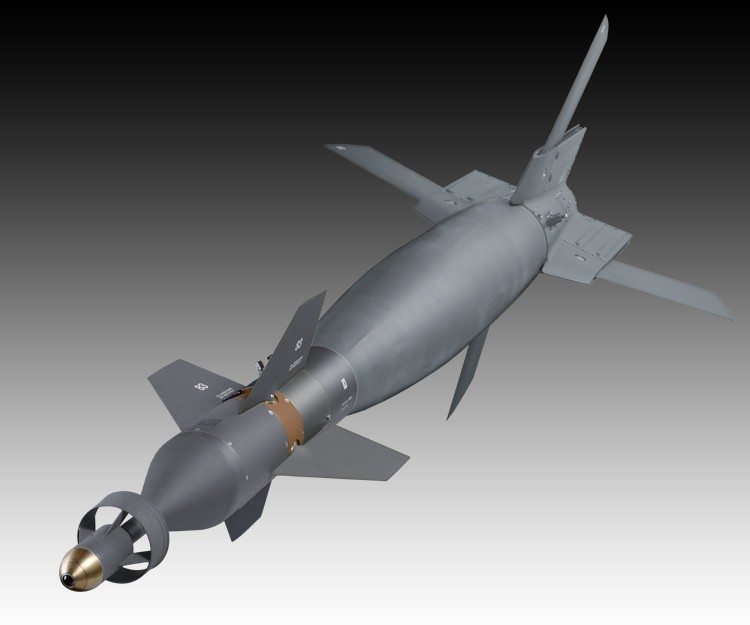Army tanks on Saturday entered a village bordering Turkey, where 10,000 Syrians have sought refuge, an activist said, as Washington warned Damascus over its “continued brutality” against protesters.
With the deadly revolt now in its fourth month, Britain urged its nationals to leave Syria “now,” warning that its embassy in Damascus was unlikely to be able to help if the situation gets worse.
As many as 19 people were killed in protests on Friday, the Local Coordination Committee of anti-government activists said, although it added that it had only 12 names so far.
Soldiers in at least six tanks and 15 troop transporters entered the border village of Bdama, widening the crackdown focused in the northwestern province of Idlib, activist Rami Abdel Rahman said.
The head of the London-based Syrian Observatory for Human Rights said “heavy gunfire” broke out in the village, a few kilometres (miles) north of the flashpoint town of Jisr al-Shughur.
Residents of Bdama had been supplying refugees fleeing across the border from the Jisr area, he said, contacted by telephone from Nicosia.
The number of refugees fleeing into Turkey has now topped 10,000.
Turkey’s Anatolia news agency reported that the figure rose after another 421 Syrians, mostly women and children, arrived at Turkish Red Crescent tent cities in the border province of Hatay.
Abdel Rahman said the deadliest incidents on Friday were in the central city of Homs where five people were shot dead.
Demonstrations also gripped other cities and towns including Jableh in the west and in Suweida in the south, where club-wielding forces dispersed hundreds.
Abdel Rahman said thousands of people attended a funeral in Homs on Saturday for some of those killed, and that mourners at a funeral in Douma staged a sit-in in the main mosque.
Washington is weighing whether war crimes charges can be brought against Damascus to pressure it to end its bloody crackdown on dissent, a senior administration official said.
Other measures, including sanctions targeting Syria’s oil and gas sector, are being considered as part of a broader diplomatic campaign to increase pressure on President Bashar al-Assad.
US Secretary of State Hillary Clinton on Saturday urged a transition to democracy in Syria, writing in the pan-Arab London-based Arabic-language Asharq Al-Awsat newspaper that the crackdown would not quell the momentum for change.
Under the headline “There Is No Going Back in Syria,” she wrote that it was “increasingly clear” the crackdown was an irreversible shift in Syria’s push towards reform, in an English translation provided by the State Department.
The regime’s “continued brutality may allow (Assad) to delay the change that is under way in Syria, it will not reverse it,” Clinton wrote.
Outgoing Arab League chief Amr Mussa expressed concern at the situation in Syria on Saturday.
“There is a worry in the Arab world and in the region concerning the events in Syria,” he told reporters in Cairo, and said the crisis was the subject of “many contacts” between regional leaders.
In the violence on Friday, witnesses told AFP that a gunman shot at a police station in Rikn al-Deen in Damascus, killing a policeman and wounding at least four.
State news agency SANA also reported security force casualties. “A member of the security forces was martyred and more than 30 were wounded by gunfire in Homs,” it said.
SANA added that two officers and four members of the security forces were wounded when gunmen attacked a recruitment centre in Deir Ezzor, northern Syria, and three policemen were hit by gunfire in the Qabun neighbourhood of Damascus.
Abdel Rahman told AFP on Saturday that around 70,000 mourners attended the funerals of two people shot dead by security forces in Deir Ezzor on Friday.
“The mood was very angry and people chanted anti-regime slogans,” he said.
The Syrian Observatory website said that the violence has claimed the lives of 1,309 civilians and 341 security force members since it erupted in mid-March.











